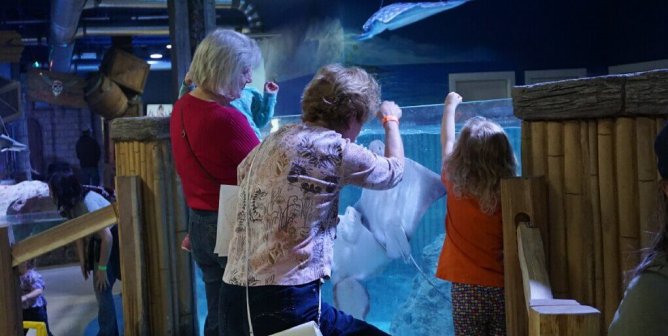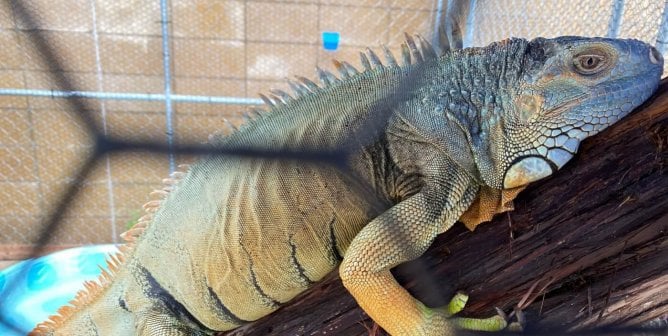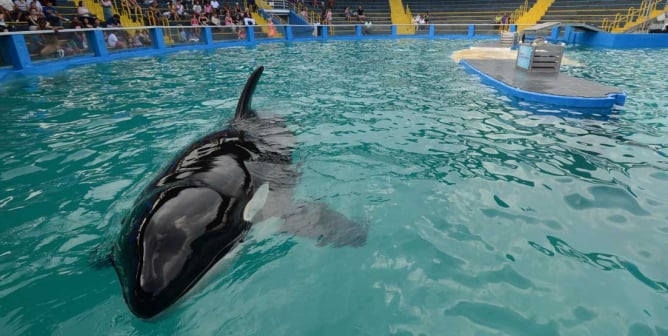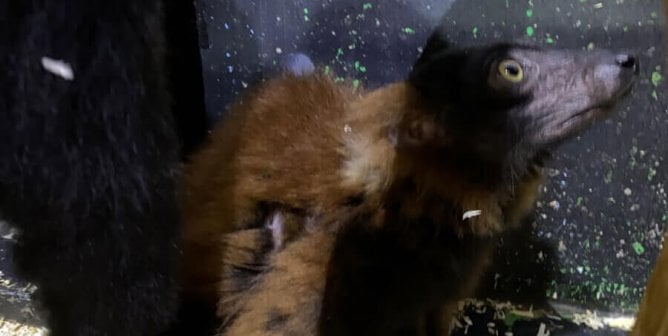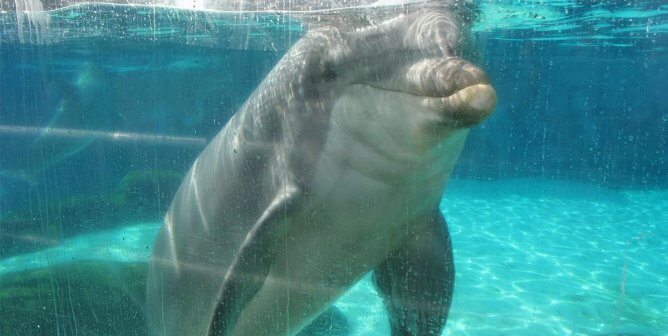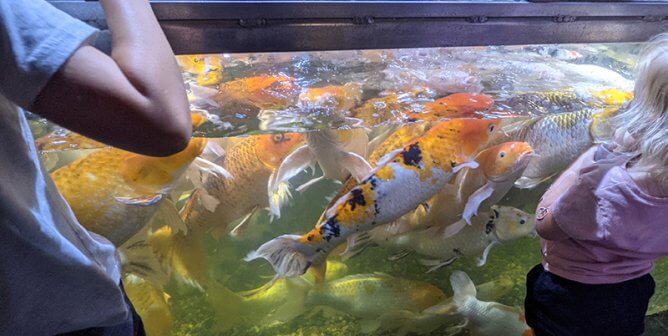The Hidden Lives of Cephalopods
With their suction cup–covered tentacles capable of tasting through their skin, their boneless bodies that can squeeze through the tiniest of holes, and their magnificent ability to shape-shift and change color, it’s easy to understand why octopuses and their cephalopod relatives squid and cuttlefish are often referred to as “intelligent aliens.”
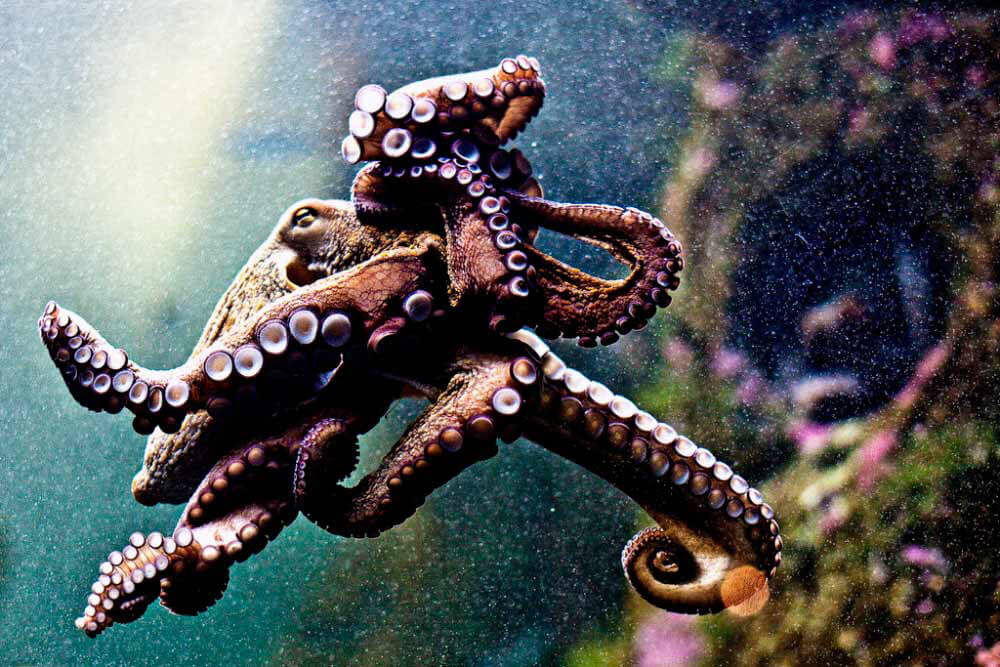
Resourceful, cunning, and curious, cephalopods have been observed using tools and impersonating other animals. In captivity, they’ve opened child-proof jars and played with dolls and Lego.
What the Experts Say
When it comes to sentience, the science is clear: Cephalopods are capable of experiencing pain. Just like dogs, cows, and chickens, they have complex nervous systems, try to escape from noxious stimuli, show physiological stress responses, and guard their wounds—their reactions when harmed fulfill the scientific criteria for pain.
Dr. Jennifer Mather, a leading expert on cephalopod sentience, explains that octopuses “can anticipate a painful, difficult, stressful situation—they can remember it. There is absolutely no doubt that they feel pain.” When asked about ghastly live-animal dishes—for which octopuses and other animals are mutilated and served alive—Mather added, “[T]he octopus, [whom] you’ve been chopping to pieces, is feeling pain every time you do it. It’s just as painful as if [he or she] were a hog, a fish, or a rabbit, if you chopped a rabbit’s leg off piece by piece. So it’s a barbaric thing to do to the animal.”
Mischievous Masterminds
Quite the masters of illusion, cephalopods can change color and texture, and they even walk on two limbs or take on the appearance of rocks to fool predators. The mimic octopus can impersonate more than 15 different marine species, including sea snakes and flatfish.
In captivity, octopuses have been known to “make a run for it” when no one is watching. Famed octopus Inky made international headlines in April 2016 after he climbed out of an aquarium tank, traversed the floor, and slid down a 164-foot pipe to freedom. Otto, an octopus at a German aquarium who was already notorious for juggling hermit crabs and rearranging his tank, repeatedly short-circuited an annoying bright light by climbing onto the rim of the tank and squirting it with water.
Cephalopods are capable of recognizing and learning from one another and of remembering individual humans. A laboratory in New Zealand reported that an octopus took a disliking to one staff member and squirted her with water whenever she passed, while many captive cuttlefish have been known to soak new visitors.

Like chimpanzees, crows, humans, and dolphins, octopuses also use tools. Veined octopuses carry coconut shells across the ocean floor before meticulously placing two halves together and climbing inside to hide. Blanket octopuses snatch poisonous tentacles from Portuguese men-of-war and wield them like swords.
Given their knack for problem-solving and their feisty personalities, it’s no surprise that scientists declared in the 2012 Cambridge Declaration on Consciousness that cephalopods, like mammals and birds, experience the world consciously.
But at restaurants across the country, octopuses and other animals are mutilated and served alive to diners. You can help end this cruelty by urging legislators in California and New York to ban live-animal eating.
